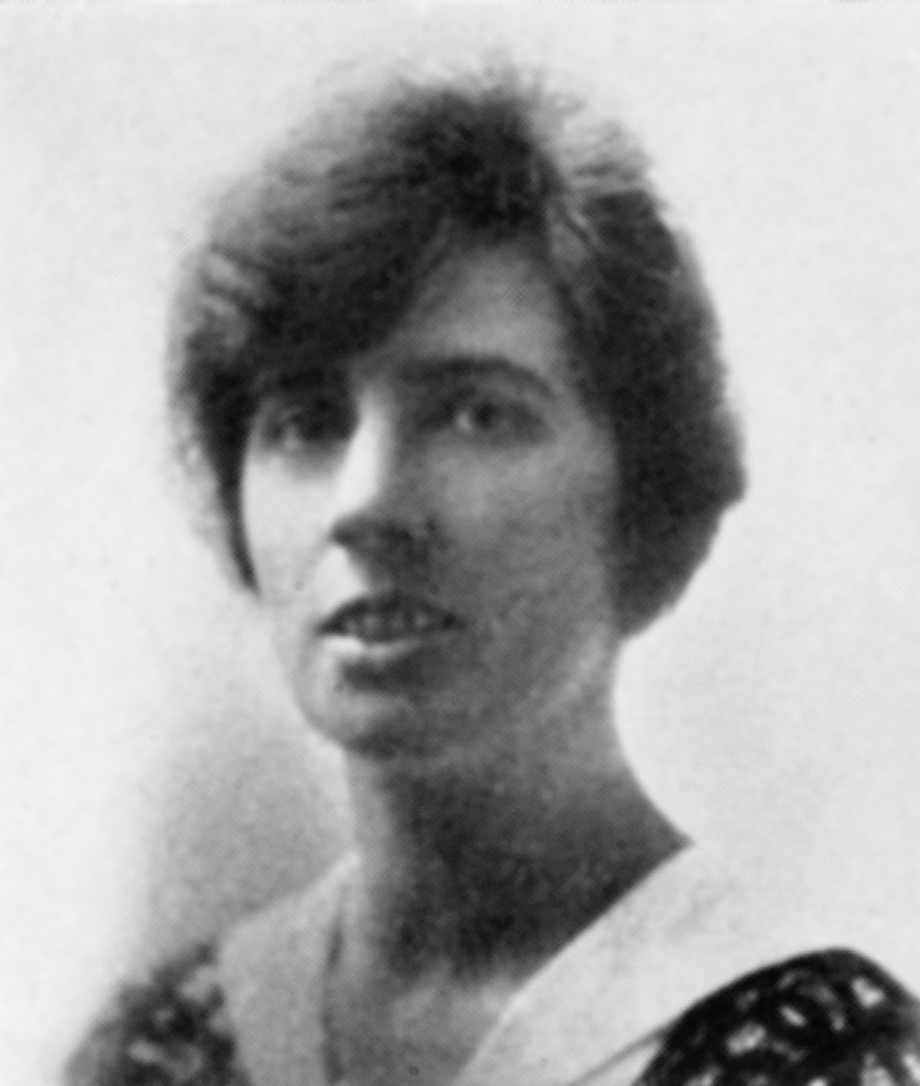51
“YES, I knew Elsie Tilney,” Germaine Tilney told me, crisply. Elsie was her late husband’s aunt, the older sister of her father-in-law, Dr. Frederick Tilney. Forty years had passed since she died, so Germaine didn’t remember too much about Aunt Elsie, a “gracious lady” who came into their lives in the mid-1960s. She devoted herself to missionary work, as an evangelical Christian, then retired in Florida to be with her brother Fred. “She was quiet, kept herself to herself, and proper.” Occasionally, she visited for family meals, usually on a Sunday.
Germaine had no photograph and recalled little about Miss Tilney’s earlier life, apart from a brother in Norwich, a preacher called Albert, and missions to obscure places. “Maybe she spent time in North Africa,” Germaine wondered, digging deep, but had no information about the wartime years or any trip to Vienna. The subject of the war was somewhat delicate, because Germaine had German origins. “Very early on,” Germaine explained, “my husband, Robert, gathered the family together to say that we would never talk about the war.” During the war, her father-in-law, Frederick, and his wife, Nora, hosted visiting British soldiers stationed in Miami.
Germaine asked how much I knew about Miss Tilney’s brother Frederick.
“Nothing,” I responded. He had an interesting life, she explained. He came to America in the 1920s, “became a famous bodybuilder, and discovered Charles Atlas, who was his friend.” Germaine referred me to Fred’s autobiography, Young at 73—and Beyond! I found a copy (later offered to my mother for her seventy-third birthday) and a picture of Fred. In the book, he described a tough, rough, poor childhood in Norwich, an overbearing father (also a preacher), and his long partnership and friendship with Charles Atlas.
Germaine introduced me to her nephew John. Our only telephone conversation was cut short, whether by intention or accident was unclear. Nevertheless, it threw up a single, excellent clue.
“Elsie Tilney hated the Germans,” John said suddenly and without explanation. “She just hated them.” Did something happen during the war? He remembered no details.
The vague outlines of a life emerged. Miss Tilney came from a family of preachers, went on mission in southern Africa, disliked Germans, lived her last years in Coconut Grove, Miami. I trawled through African mission archives (more plentiful and enticing than might be imagined), which offered a lead to an archive at the University of the Witwatersrand library. There I found documents about Miss Tilney’s mission to South Africa, after the war. Among the papers were several handwritten letters.
I compared the handwriting in the letters with the scrap of paper. They were identical. The missionary and Miss E. M. Tilney of Bluebell Road were the same person. The letters suggested a strong-willed character and provided information about time spent in Portugal and before that in France. So I turned to French archives, from which a single letter emerged, dated February 1942, written by a French military officer to one Otto Landhäuser, the commandant of Frontstalag 121. This, I discovered, was a German internment camp in the spa town of Vittel. The letter identified twenty-eight female prisoners held at the camp, whom the Germans wished to exchange for prisoners held by the British. Among the names was “Elsie M. Tilney, née en 1893,” holder of a British passport, interned by the Germans at Vittel.
Germaine had mentioned a brother, the preacher Albert Tilney, and this opened another line of inquiry. Albert turned out to have been associated with the Surrey Chapel in Norwich, founded by Robert Govett, a fellow of Worcester College, Oxford. Govett established the chapel because of his desire to be more faithful to the Scriptures, motivated by logic (“fearless in pursuing a point to its rational conclusion”), independence (refusing “the ordinary doctrines of post-Reformation Protestantism”), and simplicity (employing “language direct and plain such as all could understand”). I came across a copy of the chapel’s centenary pamphlet, published in 1954, which included information about a missionary band established in 1903. It listed all the chapel’s missionaries. Among them was one who left Norwich for Algeria in 1920, and there was a grainy black-and-white photograph. It showed a purposeful young woman with a strong face, hair swept across her forehead, in a simple, elegant dress. I was looking at Miss Elsie Tilney, after two years of searching.
Elsie Tilney, 1920
